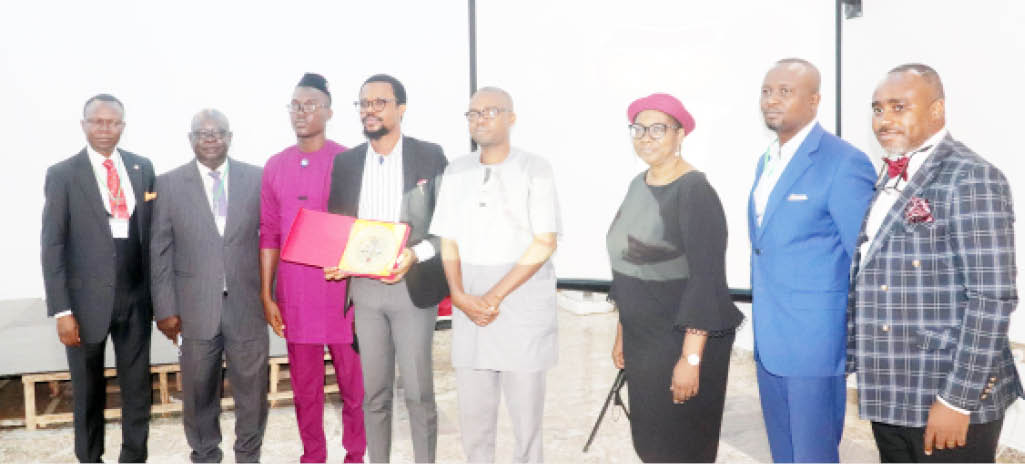Stakeholders in Nigeria’s justice sector have analysed the inadequacies in the implementation of the 2015 Administration of Criminal Justice Act (ACJA) in Nigeria.
At a workshop organised by the Centre for Socio-Legal Studies (CSLS) in Abuja last week, lawyers and criminal justice operators discussed the proposed National Minimum Standards Process in the implementation of the ACJA and Administration of Criminal Justice Law (ACJL) in the various states.
- Press Bills: No institution is above law – Gbajabiamila
- Zulum allocates land for Ruga project in Borno
The forum was used to discuss the various amendments proposed to the law.
The main stages of the new process are: Stage one: Baseline Study for all the states that have passed the ACJL; Stage two: Report of Baseline Study which does not award scores; Stage three: Peer Review Workshop which is for each state will present a report of progress recorded since the publication of the study of the justice sector facilities.
Other stages are, Stage four: National Assessment Stage which entails visit by expert assessors to each state to conduct an assessment of the justice sector facilities and progress of implementation of the ACJL in each state; and Stage five is the announcement of results stage and to make presentations to deserving states.
States such as Niger and Akwa Ibom were listed among states which have not passed or gotten executive assent to the ACJL in their states.
In his remarks, the Executive Director of CSLS, Professor Yemi Akinseye-George (SAN), noted that the Supreme Court judgment which shut down the provision of Section 396 (7) of the ACJA in Udeogu vs FRN “is a most laudable attempt by the Chairman of the Judiciary Committee to strengthen the Administration of Criminal Justice in Nigeria.”
He also commended a Member of the House of Representatives, Onofiok Luke, for proposing a constitutional amendment to the act in the Nigerian Constitution.
He cautioned against the provisions inserted in Sections 262, 277 and 295 of the constitutional amendment before the Senate and House of Representatives which could increase the jurisdiction of Islamic law in the country, saying it was dangerous for a secular or multi-religious Constitution of the Federal Republic of Nigeria.
Also speaking, the Chairman of the Nigerian Institute of Advanced Legal Studies (NIALS), Professor Tawfiq Ladan, called for a justice that provides and makes criminal justice accessible to everyone in the society.
Represented by a senior fellow in the institute, Dr Ibe Ifekandu, he said the justice system had to ensure that people were not incarcerated in offences which ought to be punished in another way.
Prof Ladan said, “This meeting is focusing on achieving what can be called true practice- that is adopting or introducing minimum standards for implementation of ACJA. All those minimum standards are already highlighted, but we need to have a baseline of how to go about achieving these.”
Also speaking, the Chief Judge of the FCT, Justice Salisu Garba, who was represented by a director of the court, Eleojo Enenche, reiterated the determination of the court to partner stakeholders on the improvement of ACJA in the FCT.
He said despite the law and practice directions produced by the court, day-to-day trial and speedy dispensation of justice was still not being witnessed in the territory.




